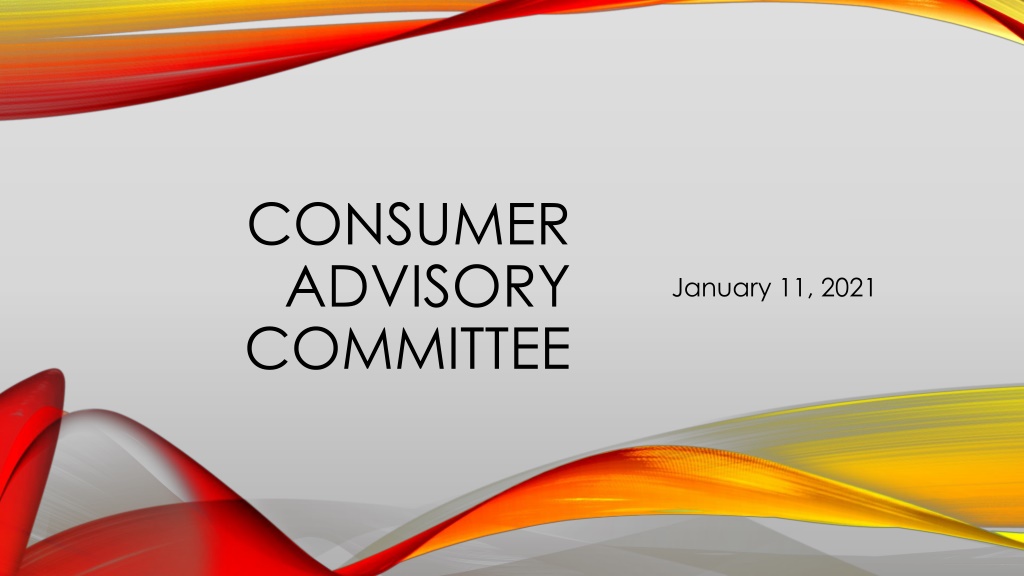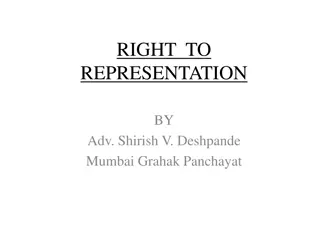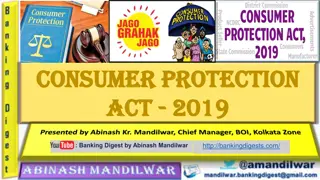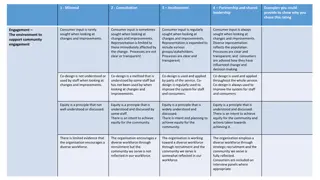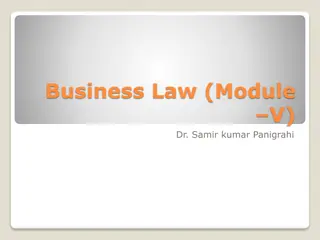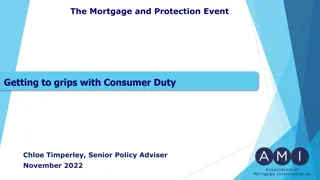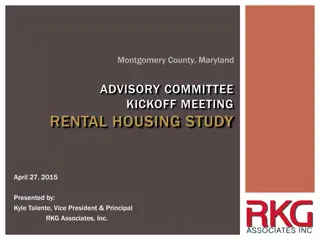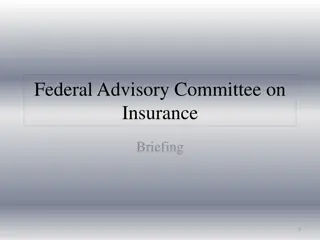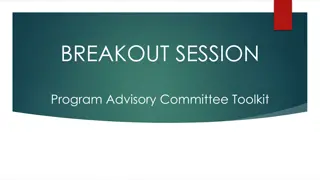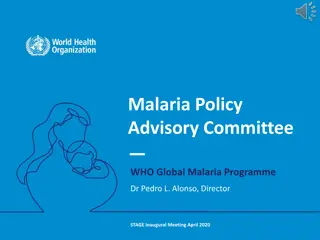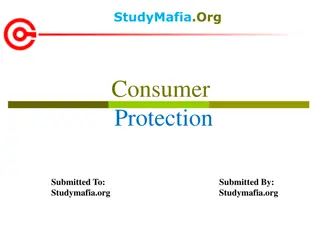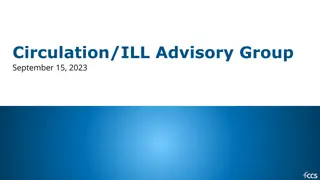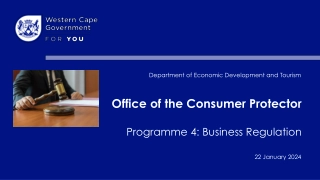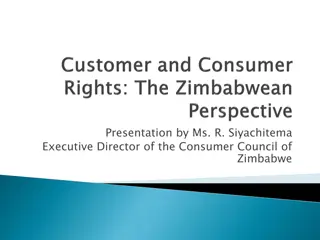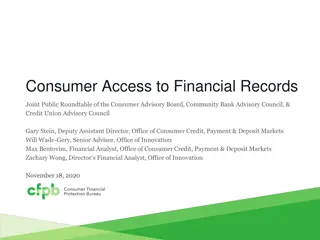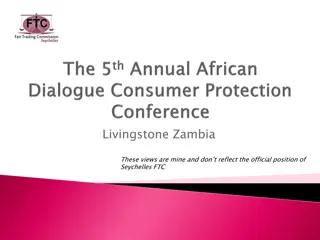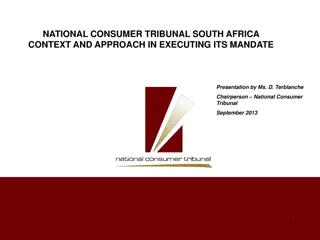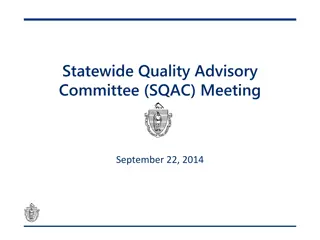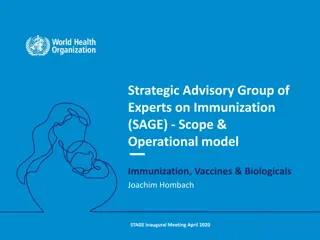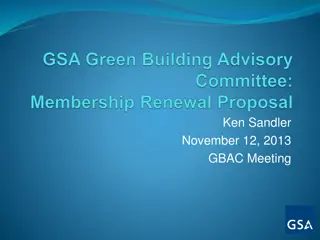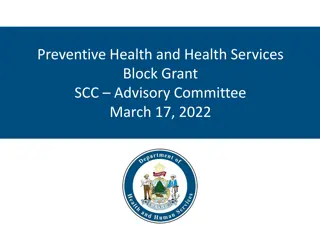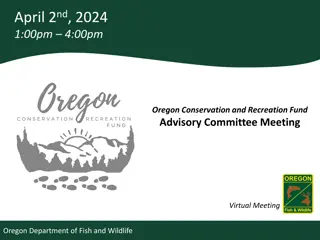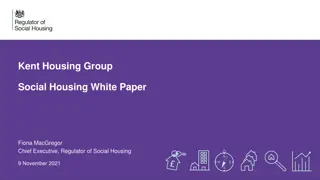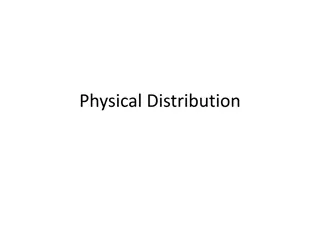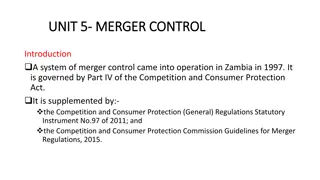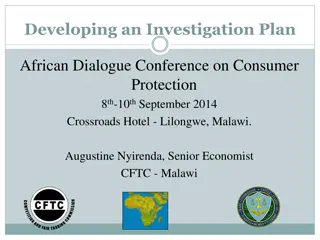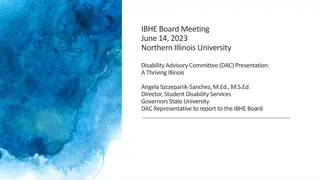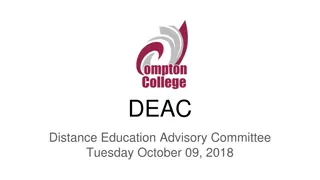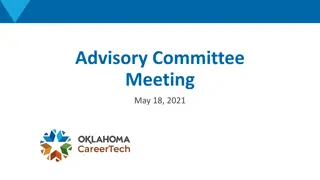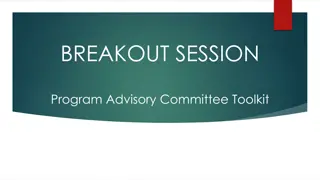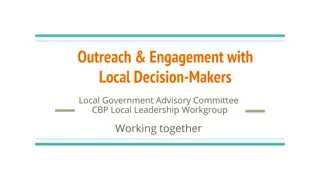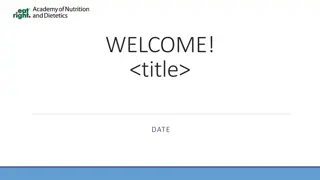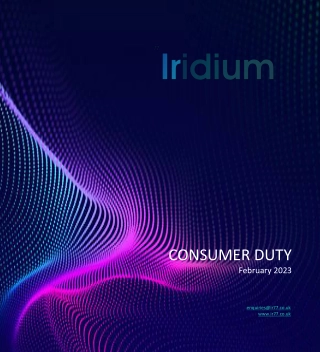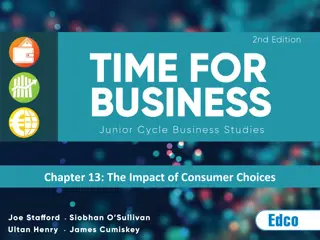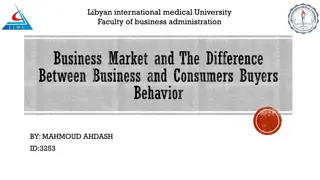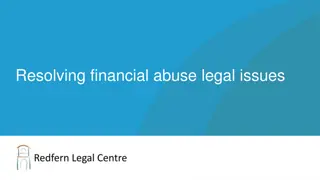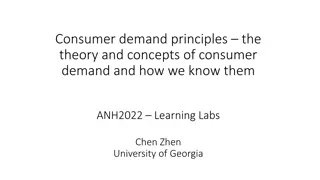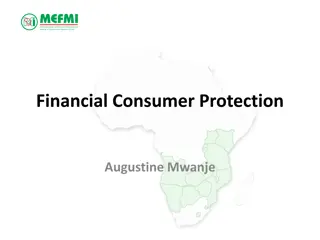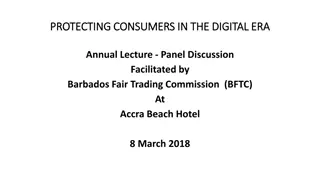Consumer Advisory Committee Engagement Process Overview
The Consumer Advisory Committee (CAC) engagement process involves receiving questions from TAG and Task Force members, presenting them to the CAC for advice, discussing topics at meetings, developing discussion summaries, encouraging diverse viewpoints, and addressing health care concerns. CAC members are encouraged to contribute feedback, prepare for meetings, and adhere to time limits for comments. The process aims to ensure all voices are heard and that advice reflects the committee's diversity and expertise.
Download Presentation

Please find below an Image/Link to download the presentation.
The content on the website is provided AS IS for your information and personal use only. It may not be sold, licensed, or shared on other websites without obtaining consent from the author. Download presentation by click this link. If you encounter any issues during the download, it is possible that the publisher has removed the file from their server.
E N D
Presentation Transcript
CONSUMER ADVISORY COMMITTEE January 11, 2021
WELCOME & ROLL CALL 4 4:10PM
CAC ENGAGEMENT PROCESS 4:10 4:25PM
CAC ENGAGEMENT PROCESS 1) The CAC Chair, Vice Chair and staff will receive questions from TAG and Task Force members. After review, and in some cases editing, those questions will be presented to the CAC for advice. 2) The Questions will be sent to CAC members 7-10 days before the meeting giving them a chance to read materials related to the issue, consider their response and prepare for the CAC meeting. Given our desire to hear from each CAC member on every topic, we ask that verbal comments be limited to 2 minutes. Members can submit longer written comments that can be shared with CAC members prior to or after the meeting. CAC members are asked to state whether they agree with comments voiced earlier and, if they believe a consensus is emerging, to state what they believe that consensus to be.
CAC ENGAGEMENT PROCESS 3) After the discussion the Chair, Vice Chair and staff will develop a statement summarizing each discussion that will be provided to the Committee before the next meeting and presented for amendment and approval. Task Force members will also be able to watch the recording of the discussions if they want to gain a sense of the CAC themselves. 4) At each meeting we will devote at least 20-30 minutes to discussion of any topics that CAC members want to bring up as long as those topics are relevant to the Task Force work and are included in SB 770. It would be best to let the Chair know about those topics before the CAC meeting so that we can prepare the CAC agenda for that topic. 5) We want to emphasize that our vision is outlined in 770 and our job is to design with that vision in mind. CAC s job is to advise on that design. CAC members are welcome to listen in to Task Force meetings and to TAG meetings. CAC members can use the public testimony option to express themselves, if desired, but should do so as individuals and not the CAC.
CAC ENGAGEMENT PROCESS 6) One of CAC s strengths is diversity and our hope is that proceeding as outlined above will be most likely to generate advice that reflects that diversity. 7) We ask the staff to support us by serving as timekeeper to ensure all participants have 2-minutes per response. The purpose of which will keep us on schedule and ensure all agenda items are addressed in the order listed. 8) CAC s Chair also represent the public interest and share in your lived experiences and your concerns, including understanding the need for sufficient health insurance coverage, private health insurance plans, Medicare & Medicaid dual eligibility, difficulty in system s navigation, unmet social determinants of health needs, lack of access, poor quality of care, out-of-pocket cost, poor mental health services, health providers implicit racial bias, and rural technology and health facility challenges, and other discriminatory factors.
DECEMBER 14THMEETING MINUTES Comments or requested changes?
TAG QUESTION #1 4:25 4:45PM Based on your lived experiences, how do you define affordable healthcare and why do you define it this way?
TAG QUESTION #2 4:45 5:05PM How do you feel about decoupling* health insurance from employment? What do you think about the separation between these two systems of practices? What are the pros and cons of separating the two? *Decoupling is defined as two systems being separated from one another to act independently. For example: the dismantlement of employer-sponsored health insurance coverage from the private market health insurance companies.
TAG QUESTION #3 5:05 5:25PM In the development of a universal healthcare design plan, what participation options to join the plan do you believe are necessary to meet the public health and the healthcare consumers needs, a mandatory* or voluntary participation option? Why is your selected option important or not important to you? Which of these options would you recommend to the TAG and or Task Force? *A mandate is an action that is required by law or rules that is not optional.
CAC OPEN DISCUSSION 5:25 5:45PM What other issues, comments, or advice do you want conveyed to the TAGs and/or Task Force?
PUBLIC COMMENT 5:45 5:55PM
NEXT MEETING MONDAY, FEBRUARY 15TH 4 6PM
